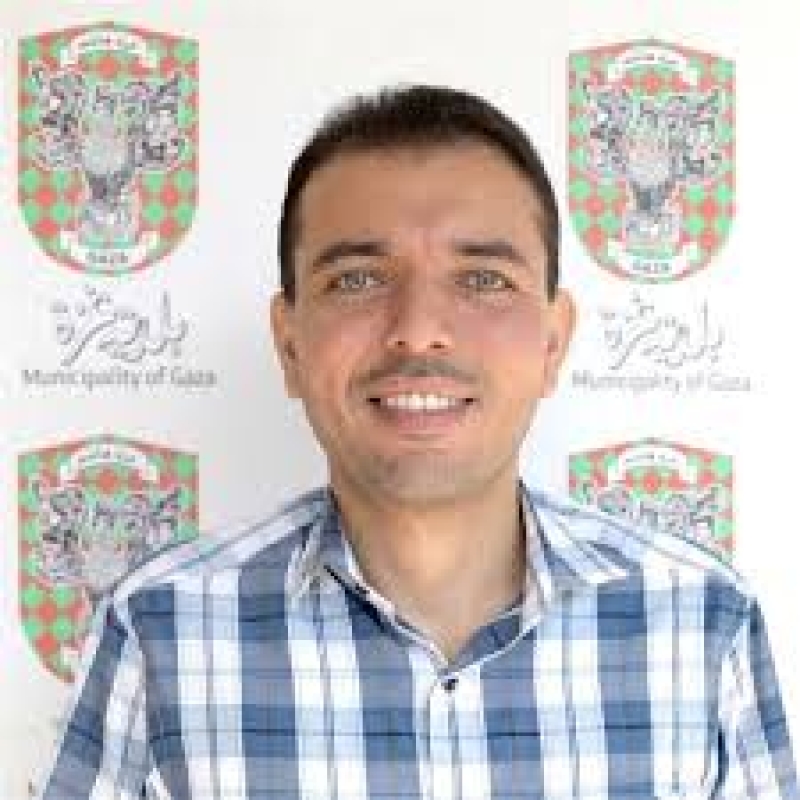- Martyred Intellectuals Day on Sunday |
- Campaign from Jan to rein in overuse of antibiotics: Adviser |
- Hadi's condition 'very critical' after bullet causes 'massive brain injury' |
- DMP intensifies drive to arrest attackers of Hadi |
- Tarique terms attack on Hadi a conspiracy against democracy |
A Gaza child’s last will

Asem Alnabih
PhD researcher from Gaza
Ten-year-old children are supposed to be busy playing with toys, doodling and hanging out with their friends, not writing a will in case they die.
“My will, if I become a martyr or pass away: Please do not cry for me, because your tears cause me pain. I hope my clothes will be given to those in need. My accessories should be shared between Rahaf, Sara, Judy, Lana, and Batool. My bead kits should go to Ahmed and Rahaf. My monthly allowance, 50 shekels, 25 to Rahaf and 25 to Ahmed. My stories and notebooks to Rahaf. My toys to Batool. And please, do not yell at my brother Ahmed, please follow these wishes.”
No one in the family knew anything about a will from my 10-year-old niece Rasha, not until after we buried her in the same grave as her brother, Ahmed, aged 11, with half their faces gone as a result of an Israeli air strike on their home on September 30. This happened exactly 24 years to the day when 12-year-old Muhammad al-Durrah was killed in Gaza.
It seems as though Israel was reminding us of its longstanding track record of killing defenceless children.
It is hard to forget the horror of standing in front of the destroyed building, let alone the terror that enveloped the parents as they rushed to the lifeless bodies of their young children.
The building had been bombed once already a few months earlier, on June 10. Israel had dropped two missiles that day, one for each child as they quipped after we managed to pull the whole family out of the rubble with minor injuries. There was no reason to bomb it then like there was no reason to bomb it on September 30.
Evidently, Rasha and Ahmed were meant to live a few extra months of war, fear, and hunger before Israel would target their home again, this time killing them.
In her will, Rasha asked that no one shout at her older brother Ahmed, a mischievous ball of energy who also excelled at school and everyone loved. Curiously, she believed Ahmed would survive her, inherit her 25 shekels and live a life she couldn’t. But they were destined to meet their end together, just as they had lived, feared and starved together.
Rasha and Ahmed were born one year apart. They were supposed to grow up and get a PhD like their mother did, not die at the tender age of 10 and 11.
Israel has killed more than 16,700 children in Gaza since October 7, 2023, and at least 17,000 children have lost their parents. In January 2024, Save the Children reported that 10 children were losing a limb every day. By the spring, nearly 88 percent of all schools had either been destroyed or damaged.
I am able to focus only on a single incident in this article but even if I were to find a way to multiply the pain by 16,700, the reader would still be galaxies away from truly understanding the magnitude of grief in Gaza.
None of us in the family understands why a child so young wrote a will with her final wishes to distribute her belongings to her loved ones. What was going on in her mind? We know the past 12 months have been extremely traumatic for Palestinians, young and old, but why was Rasha convinced that she was going to die?
Considering half the 2.3 million population of Gaza are under 18, how many more children in Gaza are having such thoughts? While Rasha’s will has now gone viral on social media platforms, there are likely many more such wills lying lost in the rubble.
As I write this article that feels more like a belated eulogy to my beloved nephew and niece, I can’t help but wonder if there is a child out there writing a will in the darkness right now.
Ahmed and Rasha spent an entire night in their shrouds, side by side, on the cold hospital floor. The next morning, we carried them to the cemetery and laid them to rest together in a single grave, side by side forever.

